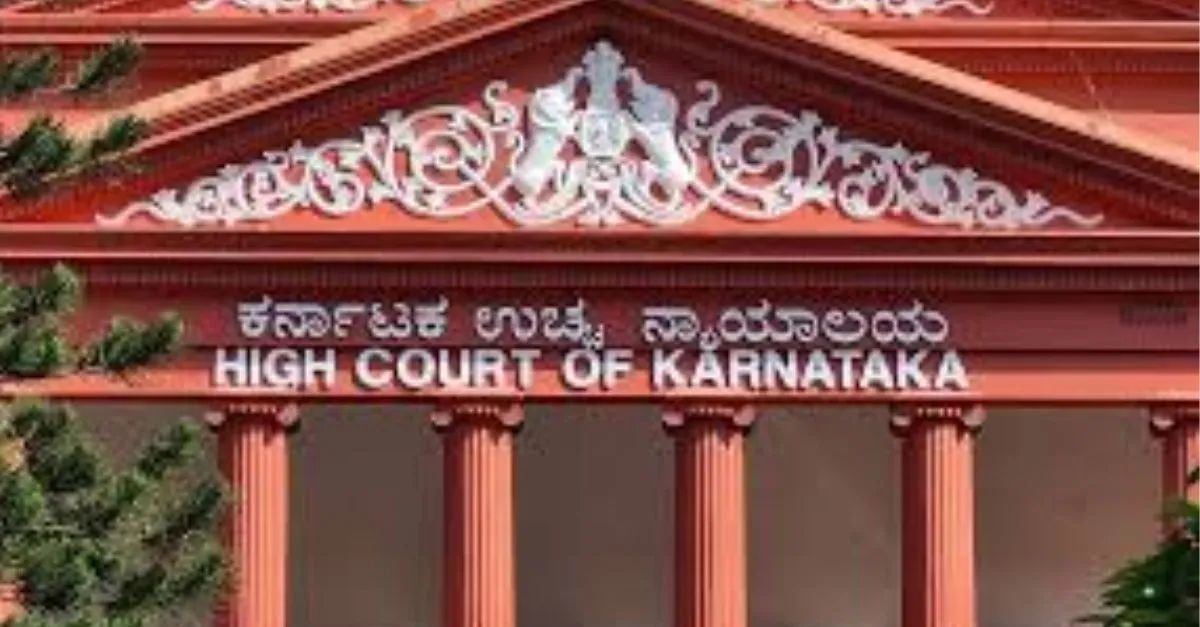- By Yashashvi Tak
- Sun, 31 Aug 2025 08:42 AM (IST)
- Source:JND
The Union government told the Karnataka High Court on Saturday that once the Promotion and Regulation of Online Gaming Act, 2025, has received Presidential assent, the judiciary has no authority to halt its enforcement.
Solicitor General Tushar Mehta, appearing for the Centre, contended that since the law had already completed the constitutional process of passage in Parliament and Presidential assent, its notification amounted to a “constitutional function” that courts could not restrain.
“The Act has already been enacted. Once there is Presidential assent, its enforcement cannot be prevented just because one particular individual is unhappy," Mehta told a bench led by Justice BM Shyama Prasad.
The Promotion and Regulation of Online Gaming Bill, 2025 was introduced in the Lok Sabha on August 20, passed by both Houses the very next day, and received Presidential assent on August 23. Asked whether the Centre planned to notify the law soon, Solicitor General Tushar Mehta said, “I don’t have instructions (from the Union government), but it might be notified shortly.”
His statement indicates that the prohibition on real-money online games and related advertisements could come into effect soon, despite pushback from industry stakeholders.
The case arose from a petition by Head Digital Works, the parent company of the A23 gaming platform, which operates rummy and poker. The firm has challenged the legislation, describing it as an arbitrary, sweeping ban on all real-money gaming.
Senior lawyers Aryama Sundaram and Dhyan Chinappa, representing the petitioner, urged the court to stay the Act and prevent its notification until judicial review is complete. Mehta, however, maintained that once Presidential assent is granted, withholding notification is not an option.
The high court has directed the Union government to file its response by September 8, the next date of hearing. In its plea, Head Digital Works argued that the law marks a reversal from the government’s earlier stance that differentiated between skill-based and chance-based games.
The company also contended that the legislation was passed without meaningful stakeholder consultation, triggering “severe economic disruption.” It further claimed the ban endangers over two lakh jobs and risks erasing investments worth more than ₹23,440 crore in India’s online gaming sector.

